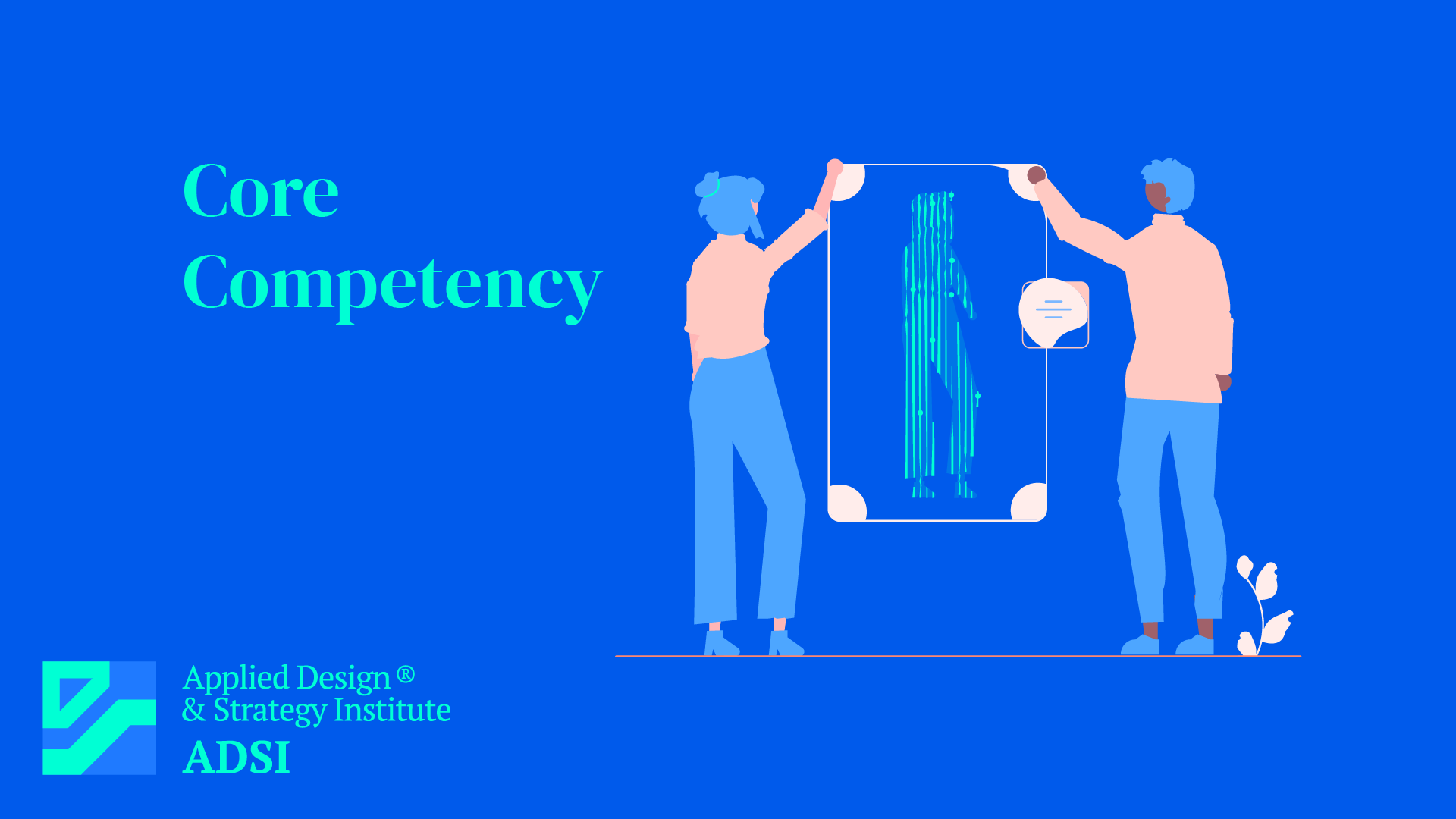Data Platform
Data Platform: Empowering Organizations through Integrated Data Solutions Introduction A data platform is an integrated set of technologies and tools that collectively provide a comprehensive environment to collect, store, manage, and analyze data. It serves as the backbone for data-driven decision-making, offering a centralized
Data Management
Data Management: The Keystone of Information Age Businesses Introduction Data Management encompasses the practices, architectural techniques, and tools for achieving consistent access to, and delivery of, data across the spectrum of data subject areas and data structure types in the enterprise. It’s a critical foundation f
Data Governance
Data Governance: Steering the Data Ecosystem of Organizations Introduction Data Governance is a crucial aspect of organizational data management, involving the processes, policies, standards, and metrics that ensure the effective and efficient use of information. It aims to provide high-quality, consistent, and secure data that
Data Governance Maturity Model
Data Governance Maturity Model: Assessing and Enhancing Data Management Practices Introduction The Data Governance Maturity Model is a framework used by organizations to assess and improve their data governance practices. It provides a structured approach to evaluate the effectiveness of data governance initiatives and identifie
Data Fabric
Data Fabric: The Backbone of Modern Data Integration and Management Introduction Data Fabric is an emerging concept in the field of data management, representing a cohesive and integrated layer of data across an organization. It’s a framework that ensures seamless data access and sharing across various environments, from on-pr
Data Accessibility
Data Accessibility is a fundamental aspect of modern data management, emphasizing the importance of making data easily and securely available to those who need it. In an era where data is a critical asset for decision-making, its accessibility can significantly impact an organization’s efficiency and innovation. Understand
Cultural Web Model: Analyzing and Shaping Organizational Culture
Introduction The Cultural Web Model, developed by Gerry Johnson and Kevan Scholes in 1992, is a framework used in organizational management to understand and analyze a company’s culture. The model helps in identifying what drives a company and can be used to align its culture with its strategy. Components of the Cultural W
Crisis Management: Turning Around an Engagement
Introduction A crisis in a business engagement can be a defining moment. The ability to effectively turn around a crisis not only salvages the current situation but can also strengthen client relationships and enhance a company’s reputation. Successful crisis management requires strategic thinking, quick action, and effect
Core Competency
Core Competency: Driving Competitive Advantage in Business Introduction Core competency, a concept introduced by C.K. Prahalad and Gary Hamel in the 1990s, refers to a company’s fundamental strength – a specific set of skills or technologies that differentiates it from competitors. Identifying and nurturing core competen
Conway’s Law
Conway’s Law: The Intersection of Organizational Structure and Software Design Introduction Conway’s Law, formulated by computer scientist Melvin Conway in 1967, posits a pivotal insight: “organizations which design systems are constrained to produce designs which are copies of the communication structures of t











